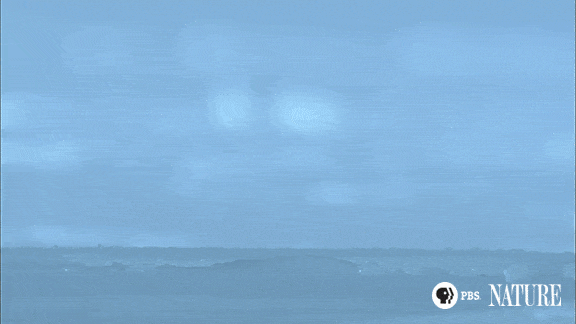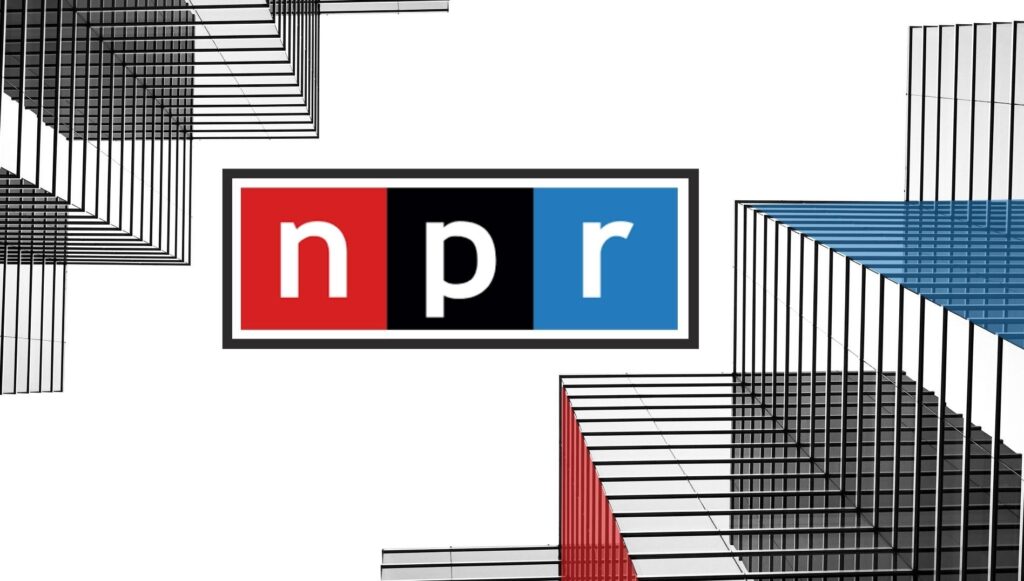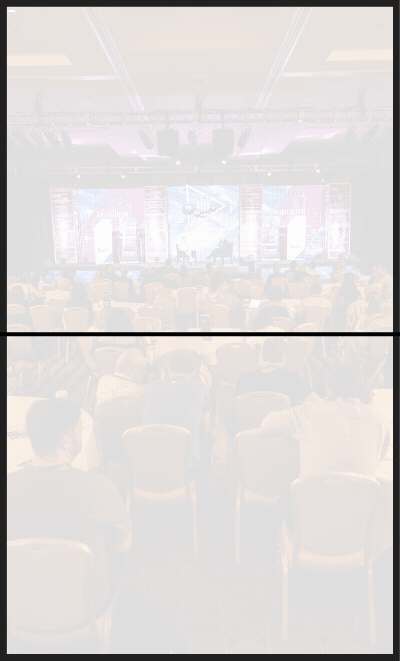

PodMov Daily: Tuesday, September 15
Episode 285: Testing, One Two-sday

Eric Nuzum: Inside the Launch of NPR's First Podcasts
Eric Nuzum has been a driving force in podcasting since the beginning. In 2005 he brought the medium to NPR, now the largest podcast distributor in the world. Nuzum shares the backstory and beginnings in an unpublished excerpt from his book Make Noise: A Creator's Guide to Podcasting and Great Audio Storytelling.
Podcasting was “a new platform with a gut-churning amount of potential,” and NPR moved fast. “In roughly three months, we were supposed to navigate all the internal politics to come up with a slate of programs that everyone could agree on and listeners would want to seek out and listen to,” Nuzum reflects. “Sure, no problem.”
Fifteen years on, Nuzum sees NPR’s success as a lesson in risk tolerance. “Instead of the feared audience collapse, podcasting has shown in many ways that public radio’s public service doesn’t need to be tied to transmitters and broadcast towers,” he says. In 2005 and in 2020, it pays to meet audiences where they are.
Anchor is Cracking Down on Its Counterfeit Podcast Problem
Anchor has begun to address its counterfeit podcast problem. Mike Mignano, Anchor’s co-founder and head of podcast mission at Spotify, gave an interview to The Verge. According to Ashley Carman, Mignano “says the company is recalibrating its automated copycat detection system” with new checks for monetization.
“Anchor, unlike other podcast apps, allows creators to automatically monetize their show,” Carman explains. However Mignano claims that none of the copycats cashed out: “Once it was alerted that these podcasts even existed, and they went around our safeguards to even get the podcast created, we took them down immediately.”
Anchor’s response to complaints hasn't helped the backlash. Even Barstool Sports CEO Erika Nardini couldn’t get a call back and went to Twitter. Mignano calls the copies “a new type of attack,” adding, “We’re working right now to ensure that our copycat detection and creator outreach continues to improve to keep pace.”

The Ken Coleman Show: Career Advice You Can Trust
In this time of economic struggle, career solutions are more urgent than ever. Each week on The Ken Coleman Show, radio veteran and bestselling author Ken Coleman delivers practical advice you can trust. Tune in for caller-driven conversations with actionable answers.
“Ken skillfully meets listeners where they are, whether they’re a seasoned worker who’s been laid off, or furloughed, or the new graduate who’s entering a competitive and challenging job market,” says Brian Mayfield, executive vice president of Ramsey Media, home to The Ramsey Network of shows.
Many of us are in new territory and searching for a plan. Through career transitions, job losses, and more, Ken’s expert insights help thousands plan for a secure future. Ready to build career confidence? Subscribe to The Ken Coleman Show wherever you get your podcasts.
Here's what else is going on:
- Sound stage: IFP Week is expanding into audio storytelling for the first time this year. The 42nd annual Independent Filmmaker Project event, September 20-25, will wrap up with two dedicated audio days. Speakers include Today, Explained host Sean Rameswaram.
- Group chat: For the monthly interview series SoundHER, Larell Scardelli of Sounder.fm speaks with Rita Bautista. Bautista is the founder and CEO of Latina Podcasters, a global Latina and Latinx network. She discusses growth, diversity, and the power of positive leadership.
- Star power: Two young Vancouver podcasters recently scored a “life changing” interview. The astrophysicist Neil deGrasse Tyson joined 13-year-old Max von Dehn and 14-year-old Zach Kobus on their theoretical science podcast To The Max. All it took was an email.
- Pony up: The podcast industry is “demanding a new breed of exclusive deal,” writes Tim Ingham of Rolling Stone. As audio platforms revive the once-dead contract style, “streaming platforms may soon have to start paying out similar checks to retain big-name talent.”







Join the Movement